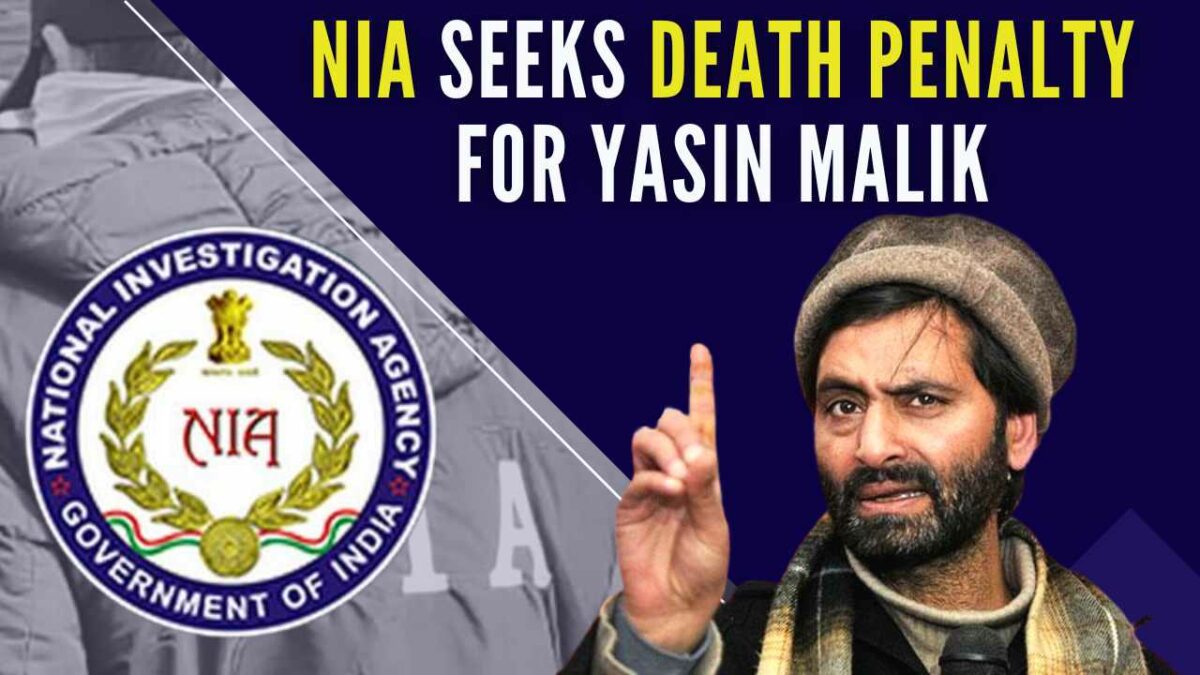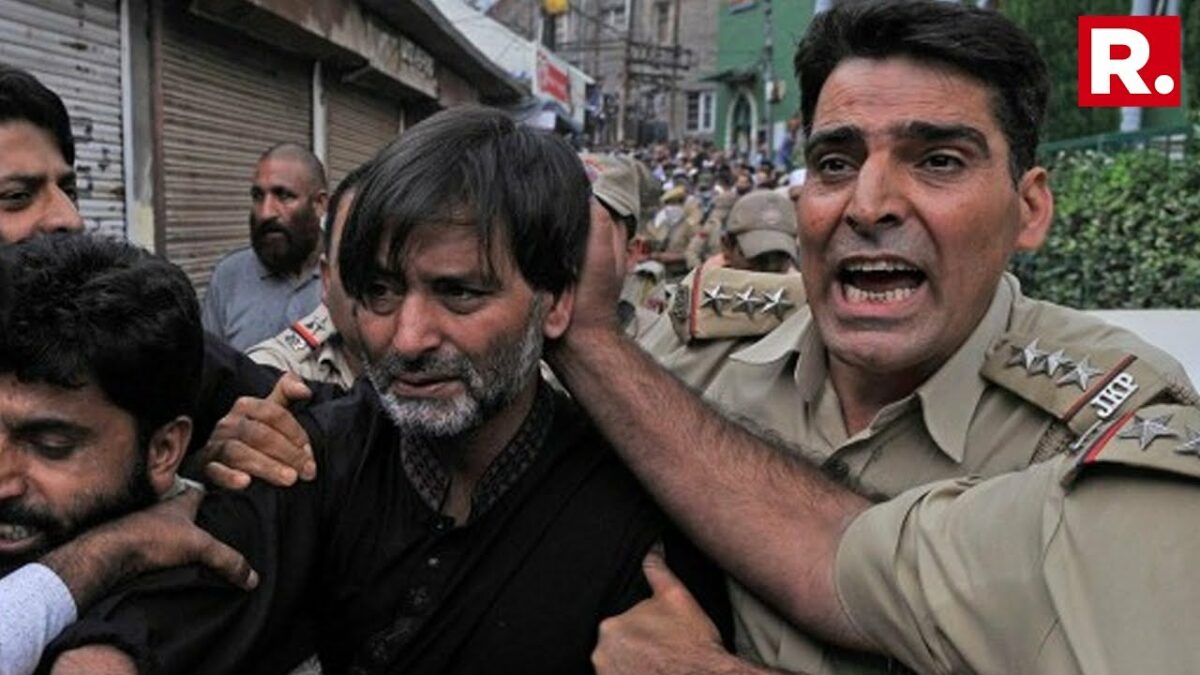The Kashmiri separatist leader was awarded with the punishment for life imprisonment by the trial court in May of last year, where he pleaded guilty in the present case.
Yasin Malik, the Chief of the Jammu and Kashmir Liberation Front (JKLF) and a Kashmiri separatist leader, has been charged with murder by the National Investigation Agency (NIA).
The petition will be heard on May 29 before a Division Bench consisting of Justices Siddharth Mridul and Talwant Singh.

Source: PGurus
Timeline of Events
1999 October: Yasin Malik was detained under the Public Safety Act (PSA) by Indian authorities.
March 2002: Yasin Malik was arrested and jailed for nearly a year under the Prevention of Terrorism Act.
May 2007: Yasin Malik and his JKLF party began the Safar-i-Azadi (Journey of Freedom) campaign. Yasin Malik and his colleagues promoted an anti-Indian position in around 3,500 towns and villages throughout Kashmir as part of this campaign.
February 2013: At a protest site in Islamabad, Yasin Malik shared the podium with proscribed Lashkar-e-Taiba (LeT) chief Hafiz Muhammad Saeed.
January 2016: Yasin Malik protested the merging of Gilgit-Baltistan with Pakistan in a letter to Pakistan Prime Minister Nawaz Sharif.
Finally, in a charge sheet filed in 2019, the National Investigation Agency (NIA) initiated a case of terror funding against different separatist leaders and named Yasin Malik and four others.
About the case
In May 2022, Malik was sentenced to life in jail by a special NIA court in a terror funding case. In the case, he had pleaded guilty.The NIA has also requested the death penalty for Malik in front of the trial court.The special court, however, denied the petition, arguing that the death penalty should be granted only in extraordinary circumstances “where the crime by its nature shocks the collective consciousness of society.”
Malik was found guilty of violating Sections 120B, 121, and 121A of the Indian Penal Code (IPC), as well as Sections 13 and 15 of the UAPA read with Section 120B of the IPC, as well as Sections 17, 18, 20, 38, and 39 of the UAPA. In a comprehensive decision, the NIA Court stated that Malik betrayed the government’s good intentions by choosing the violent path.
“Defeating the bonafide intentions of the government authority, he selected a different path to demonstrate violence in the guise of political struggle…the evidence on which charges were formulated and to which the accused pleaded guilty speaks otherwise,” stated the special court.
Malik’s claim that he became a Gandhian after 1994 was likewise dismissed by the judge.
“It only took one small incident of violence at Chauri Chaura for the Mahatma to call off the entire non-cooperation movement, but the convict, despite the large scale of violence engulfing the valley, neither condemned the violence nor withdrew his calendar of protests, which had led to the said violence,” the judge emphasized.

Source: Republic World












